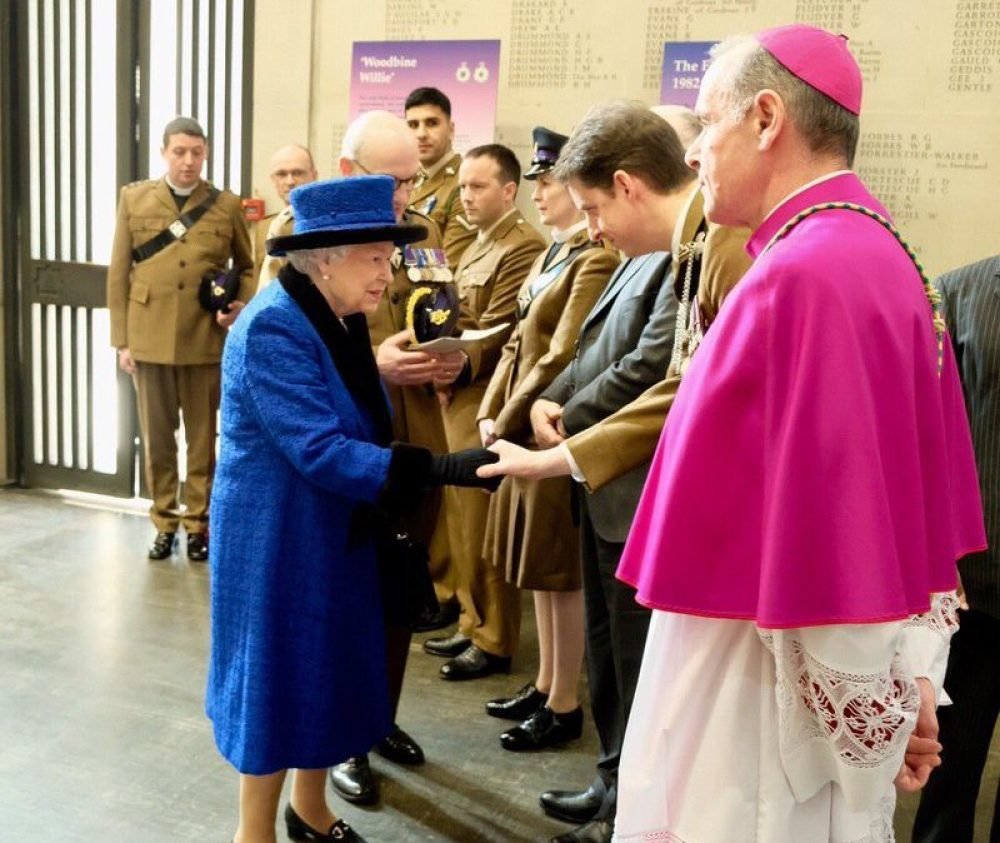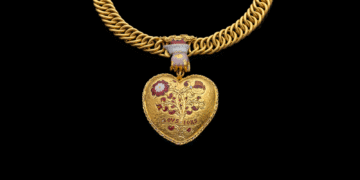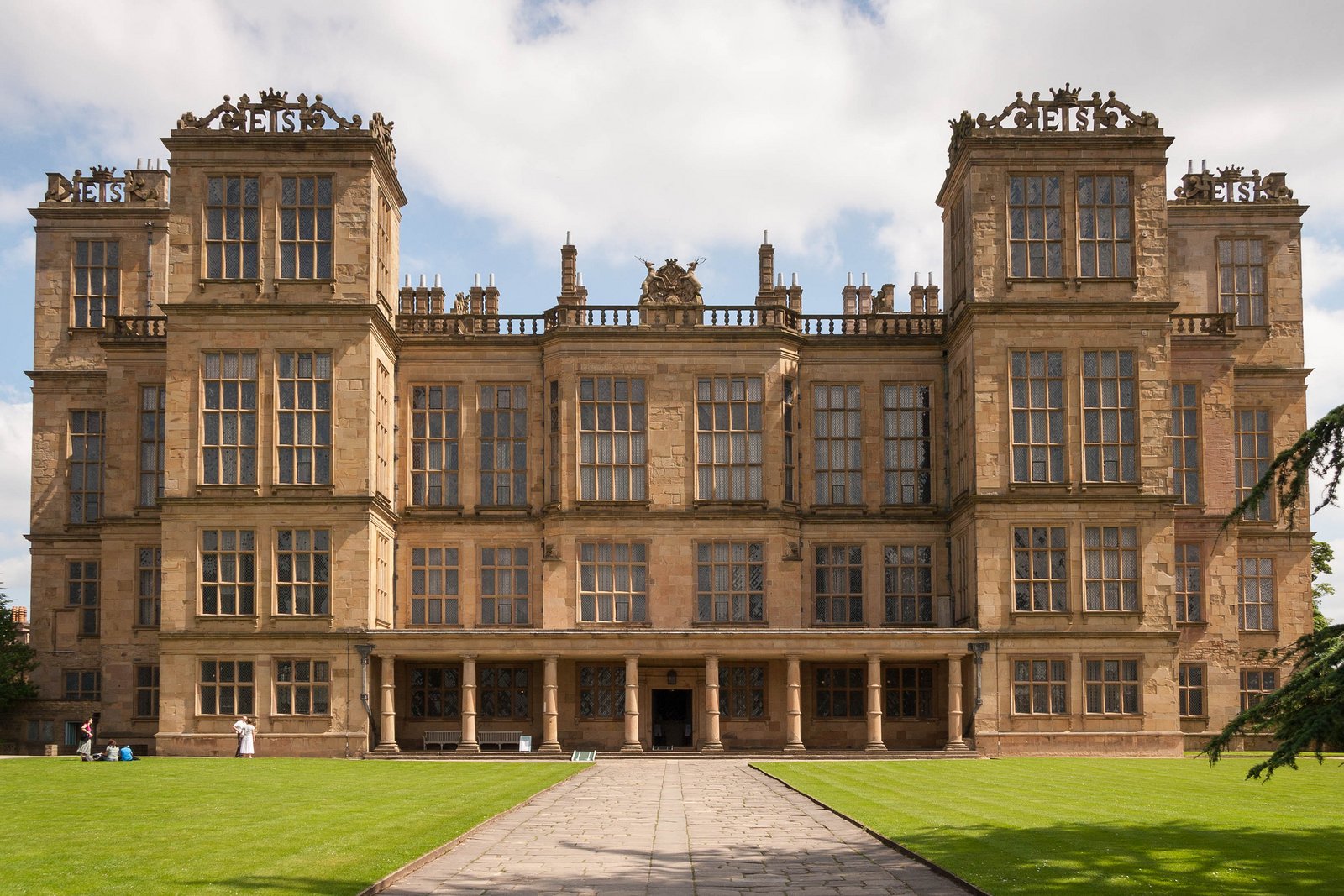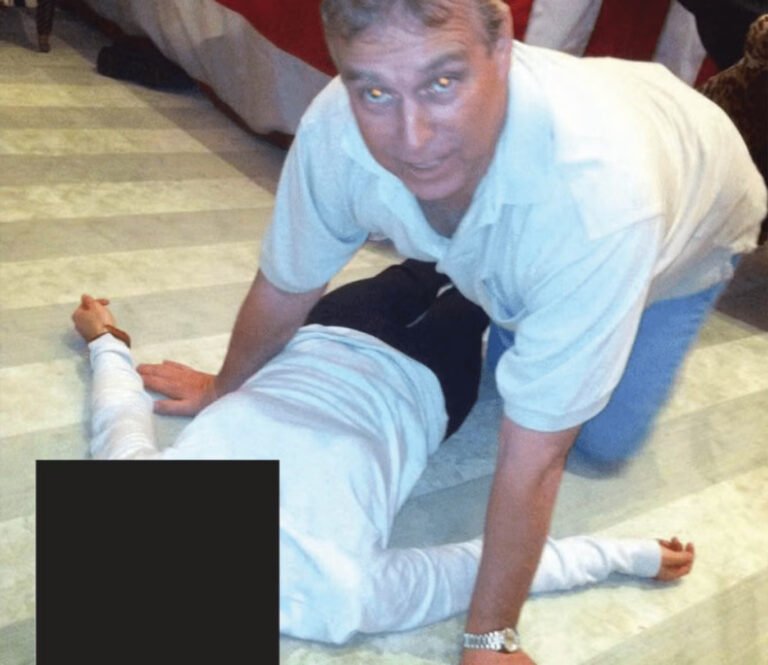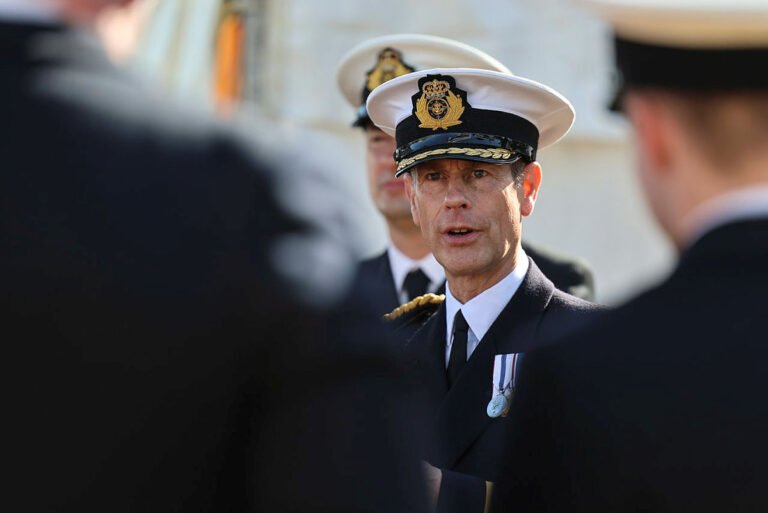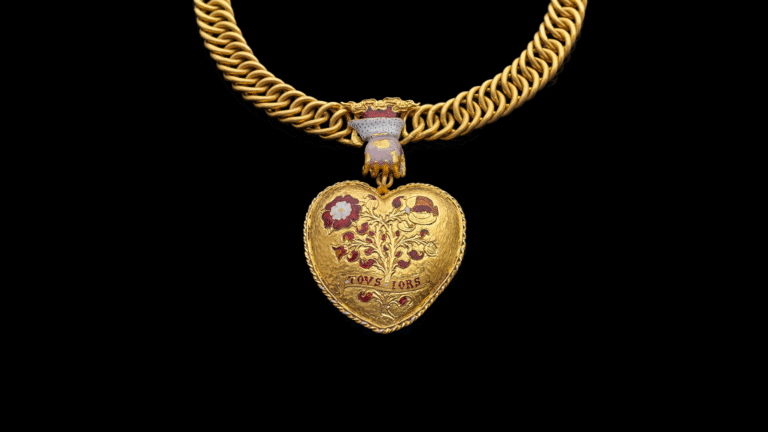On Friday, The Queen visited the Wellington Barracks, just round the corner from Buckingham Palace for a celebration service at the Guard’s Chapel. The event was to mark 100 years since The Queen’s grandfather, King George V, granted the prefix “royal” to the Royal Army Chaplains’ Department.
Her Majesty was welcomed to the Guard’s Chapel by The Reverend Stephen Dunwoody as well as current and former Army chaplains.
Embed from Getty Images
Embed from Getty Images Embed from Getty Images
In her role as patron of the Chaplains Department, The Queen wrote the forward for the event programme. She wrote: “Today is an opportunity to reflect upon the service and dedication of Army Chaplains who have gone before, rising to the challenges of conflicts across the world, and those who have made the ultimate sacrifice in support of others.”
“It is also right that we reflect on those Chaplains who have simply been there to walk alongside soldiers and their families in everyday life.”
The Royal Army Chaplains Department was originally formed in 1796 and have been ministering to soldiers and their families for over 200 years. The mission of the Chaplains is to be there for anyone who is in need of help, regardless of their beliefs or religious affiliation. Chaplains provide all kinds of pastoral care, moral guidance, and spiritual support to those in need. They travel overseas with units and wear British Army uniforms but they are non-combatants. They are allowed to lead and manage the soldiers but are not allowed to command them nor are they allowed to carry weapons.
Embed from Getty Images
Embed from Getty Images

King George V conferred the royal style to the chaplains in recognition of the outstanding service and sacrifice displayed by the personnel during World War I.
In keeping with the motto of the Chaplain’s Department, the service contained prayers and hymns read by Army Chaplains from all different faiths. Included were readings from the chaplains’ diaries.
Towards the end of the service, in the Act of Dedication, all of the Army Chaplains who are currently serving were invited to take part in reaffirming their commitment and rededicating themselves to their service. Additionally, Army Chaplains who are on operations worldwide, took part in an act of global unity when they paused in prayer during the re-dedications.

Artist Harry Parker was asked to create three paintings to commemorate the 100th anniversary. Mr. Parker previously served with the Rifles in Iraq and Afghanistan before he lost both of his legs while serving in 2009. Since that time, Harry has written a book called “Anatomy of a Soldier” and has also completed a post-graduate course in fine art.
The medals that were awarded at the Invictus Games were crafted based on designs created by Mr. Parker.

Of his paintings and The Queen, Mr. Parker stated: “I hope she liked them. She asked me what I was up to and I told her I was painting and writing and she said “Well done”, which was really nice. It’s a real honour to be asked to do the paintings anyway, and for The Queen to see them was really special.”
He also said: “The chaplains were always such an amazing reassuring presence around the camp”, while he was serving in Iraq and Afghanistan, and the service had quite a special feel because The Queen had attended.
After viewing Mr. Parker’s commemorative paintings, the Monarch spent time speaking with soldiers who have received help and support from their chaplains, both at home and away on tour. She was able to listen to their first hand accounts and learn how the chaplains helped them personally.
Of course, faith is a very important part of The Queen’s life, and she is also Head of the Church of England.
Her Majesty also had the chance to speak with some former Chaplains-Generals as well as current Padres.

Lastly, Her Majesty signed the visitor’s book to commemorate the day and her attendance at this historic event.



